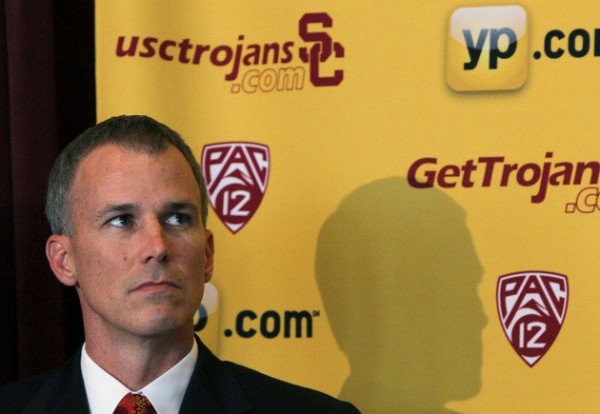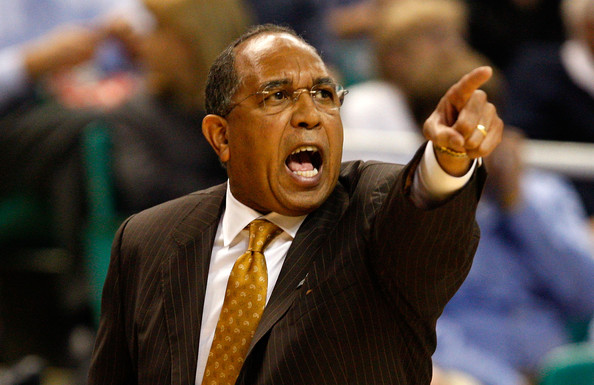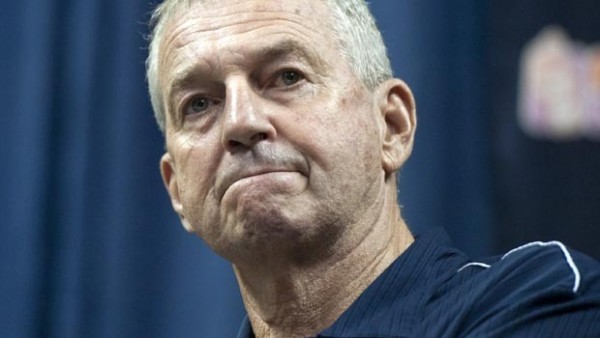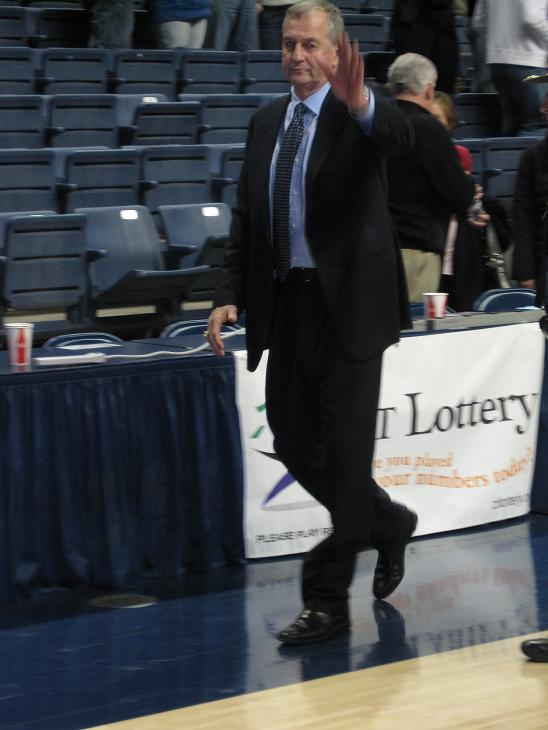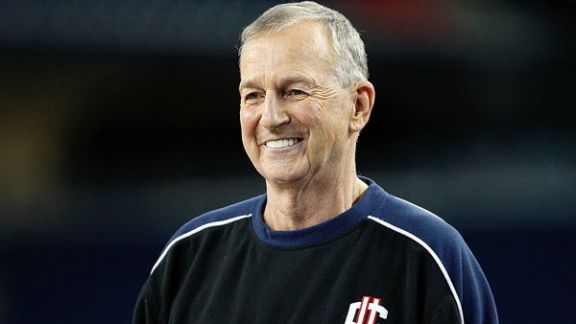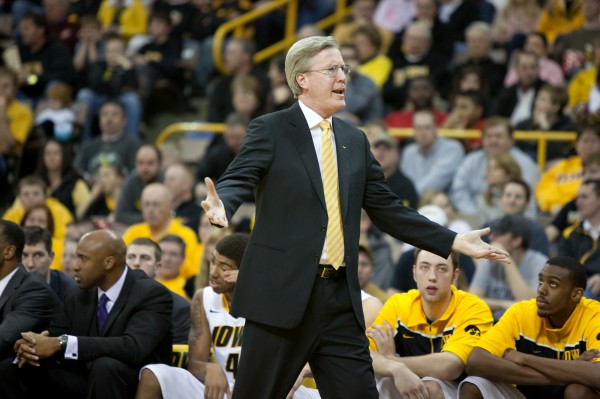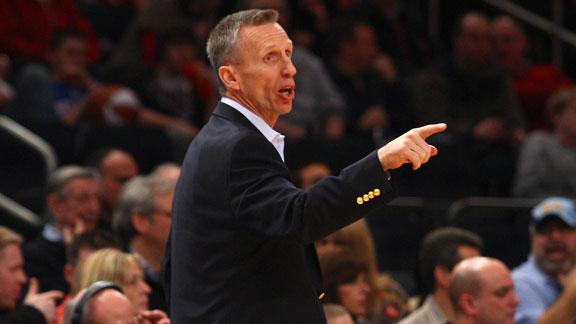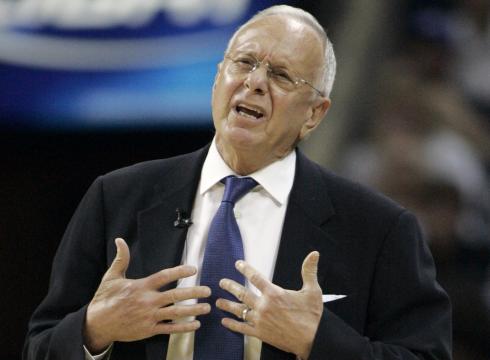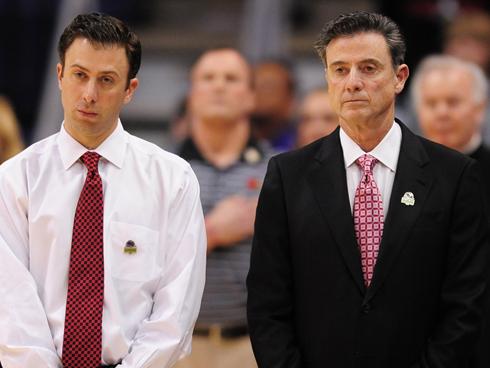Butler Destabilized by Brad Stevens’ Move to the Boston Celtics
Posted by Chris Johnson on July 4th, 2013Chris Johnson is an RTC Columnist. He can be reached @ChrisDJohnsonn.
Burying news breaks in the lead-up to major work holidays or weekends is a totally normal thing. It almost never fails: use the benefit of most people’s designated R&R time to stanch the quick-spreading news cycle and prolonged Interweb shelf life. Snip the story at the bud before it has a chance to grow. Classic. Except that tactic might not work with Wednesday night’s news, dropped mere hours before our country’s biggest patriotic celebration – at least not among college hoops fans – that Butler coach Brad Stevens is no longer. Indeed, the baby-faced, cool-mannered, whiz kid Bulldogs sideline boss is leaving college basketball for the NBA. And not just any professional coaching job: Stevens is replacing Doc Rivers just in time to lead the 17-time champion Boston Celtics through a massive franchise rebuild. For all the classic cases of college coaches failing to translate their success to the next level, Stevens feels like the perfect hire for where the Celtics are as a franchise and the general direction the NBA is moving as it embraces a larger presence of analytics-savvy decision-makers in high-ranking positions.
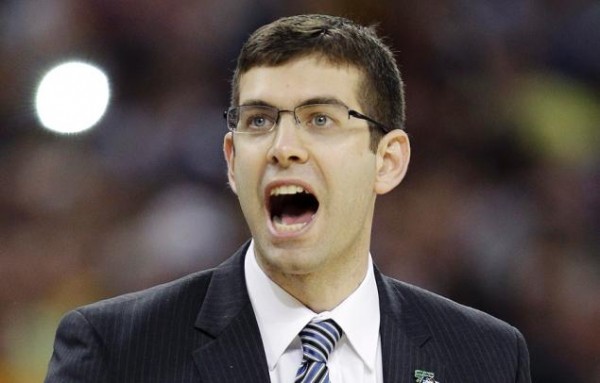
The implications in the wake of Stevens’ move for Butler and the Big East are difficult to divine (AP).
But Stevens is so much more than your average KenPom frequenter. In the process of lifting Butler from its Horizon League perch to a brief one-year stint in the Atlantic 10 to the new Big East, Stevens showed what comparatively lightly-recruited talent, empowered by tactical wizardry devised to maximize that talent’s best individual and collective attributes, can become. The height of his tenure, needless to say, were the back-to-back national title runs Stevens presided over in 2010 and 2011, each win over each powerhouse program coach more mind-numbing than the one before it. That’s when Stevens’ Bulldogs became so much more than the plucky Horizon league stalwart most college hoops fans had acknowledged for years. Butler became a national story, and its head coach the envy of any major program looking to replace its fired one.





























